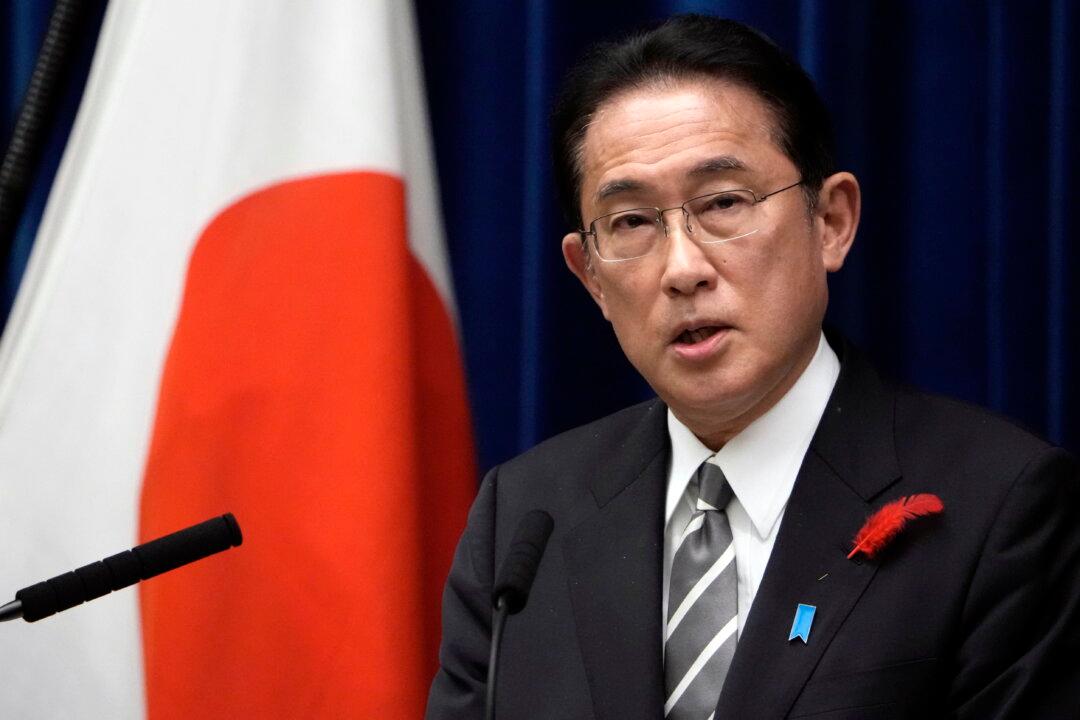South Korean President-elect Yoon Suk-yeol and Japanese Prime Minister Fumio Kishida have agreed to revive the countries’ long-strained relations, which have been plagued by disputes over wartime issues.
The visiting South Korean delegation met with Kishida for talks on April 26 and handed him a handwritten letter from Yoon expressing his hope for improved relations between the two nations.





